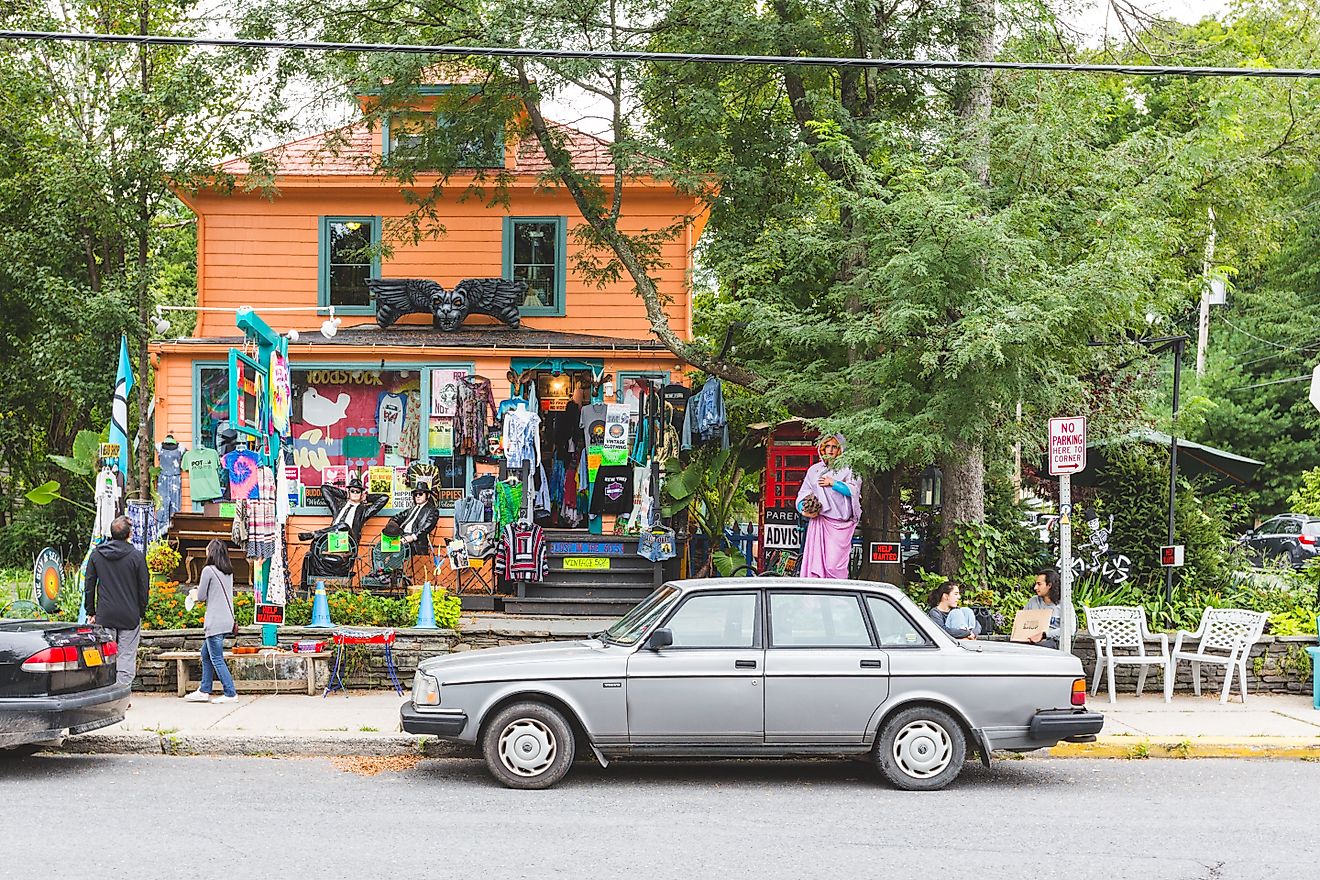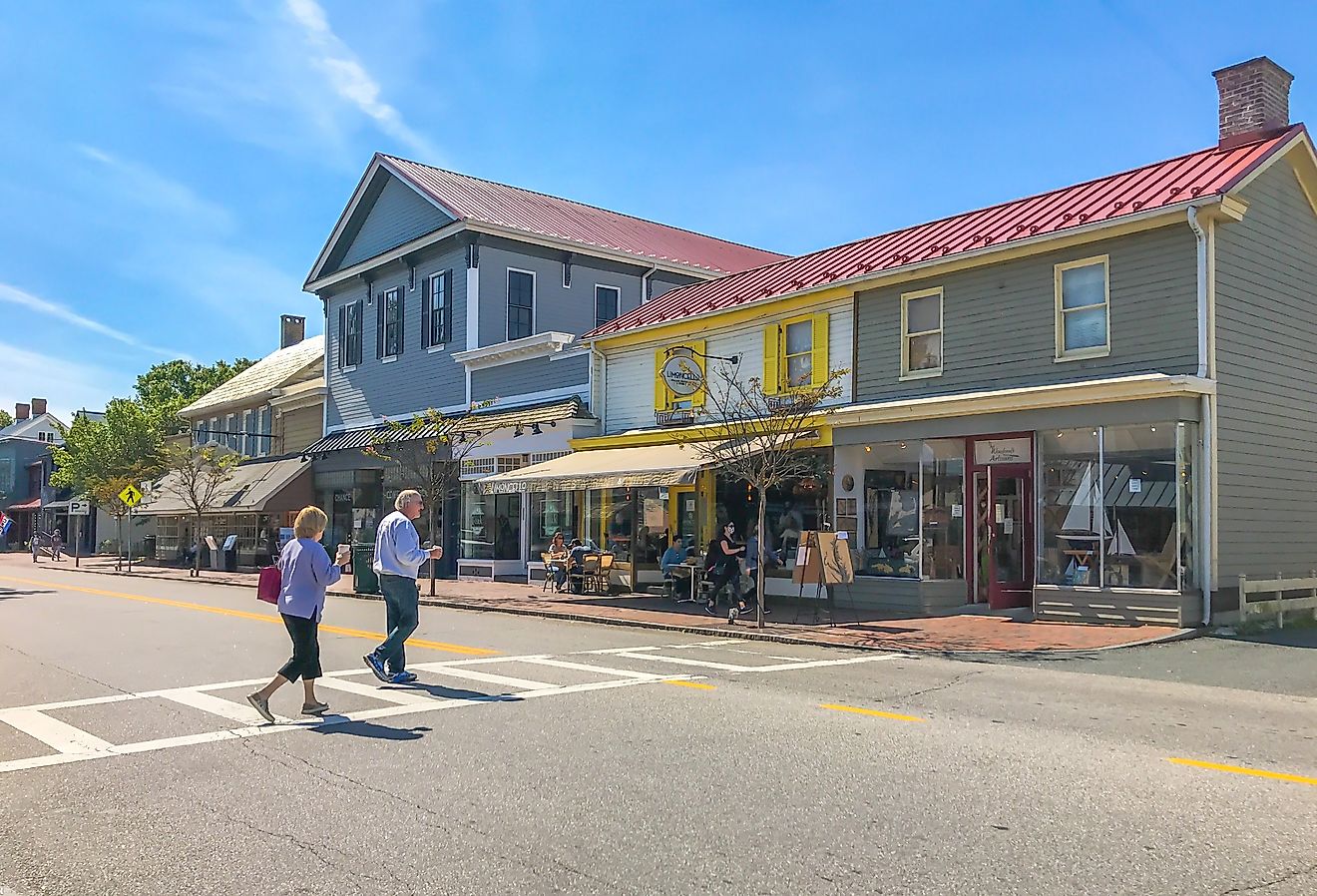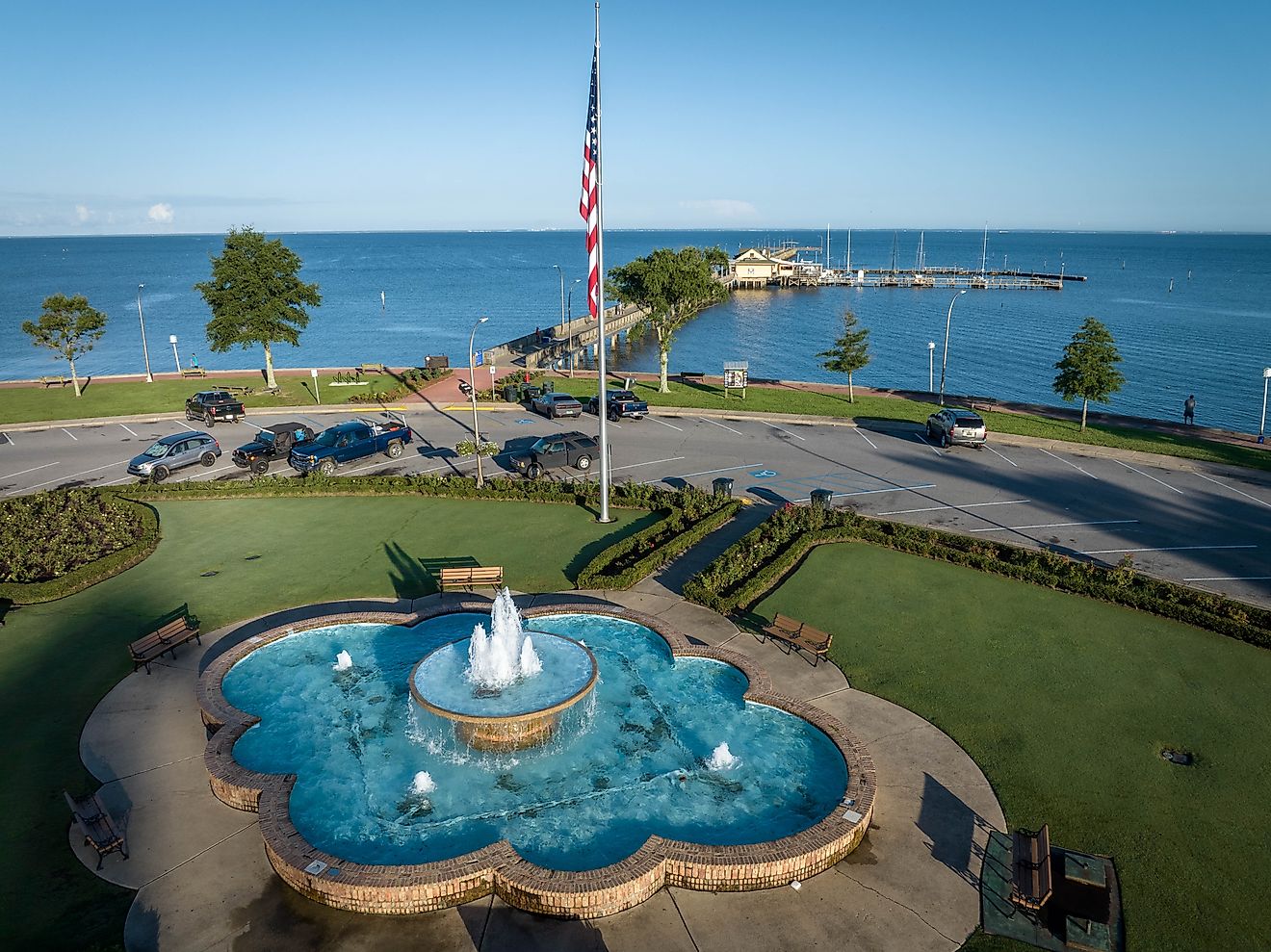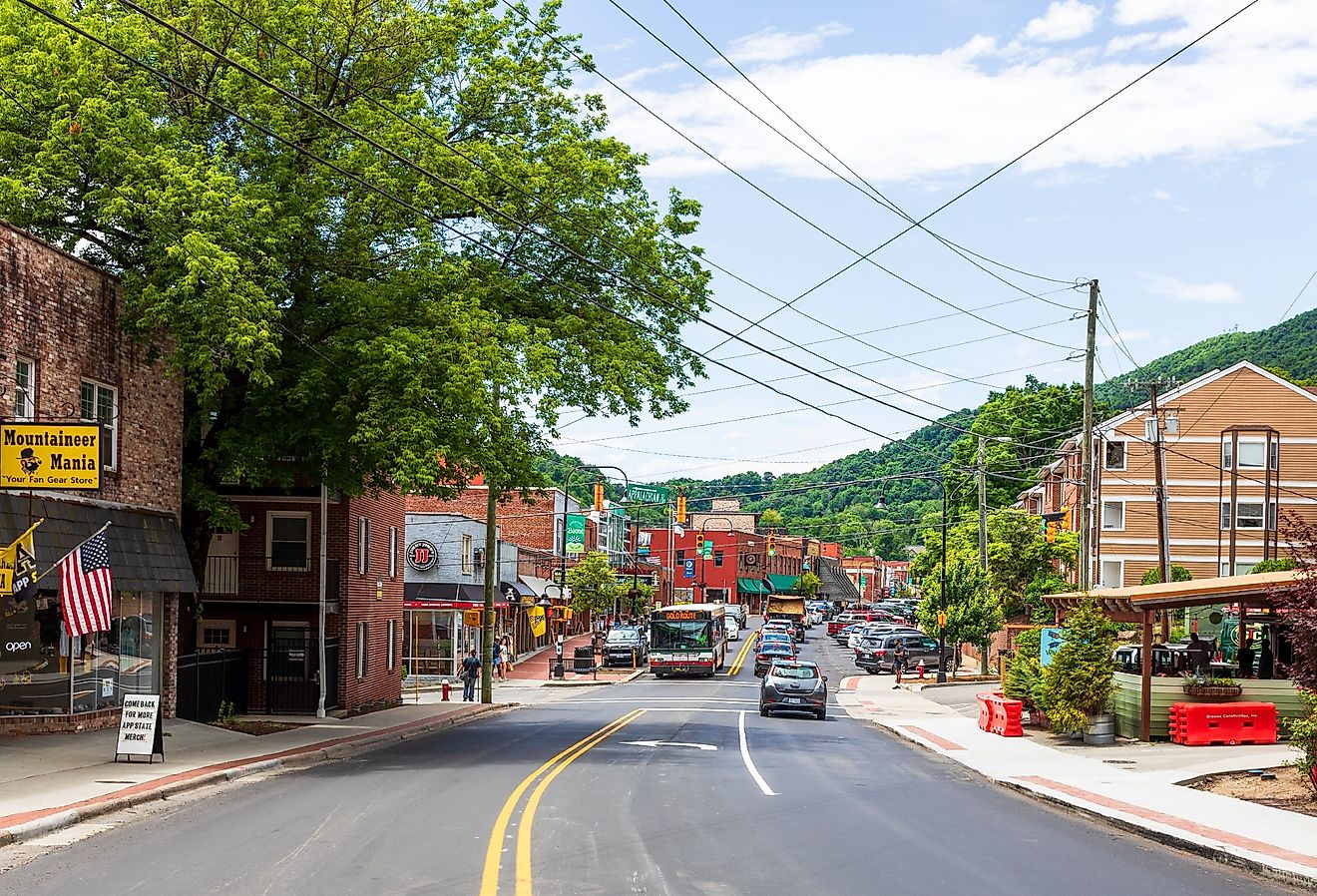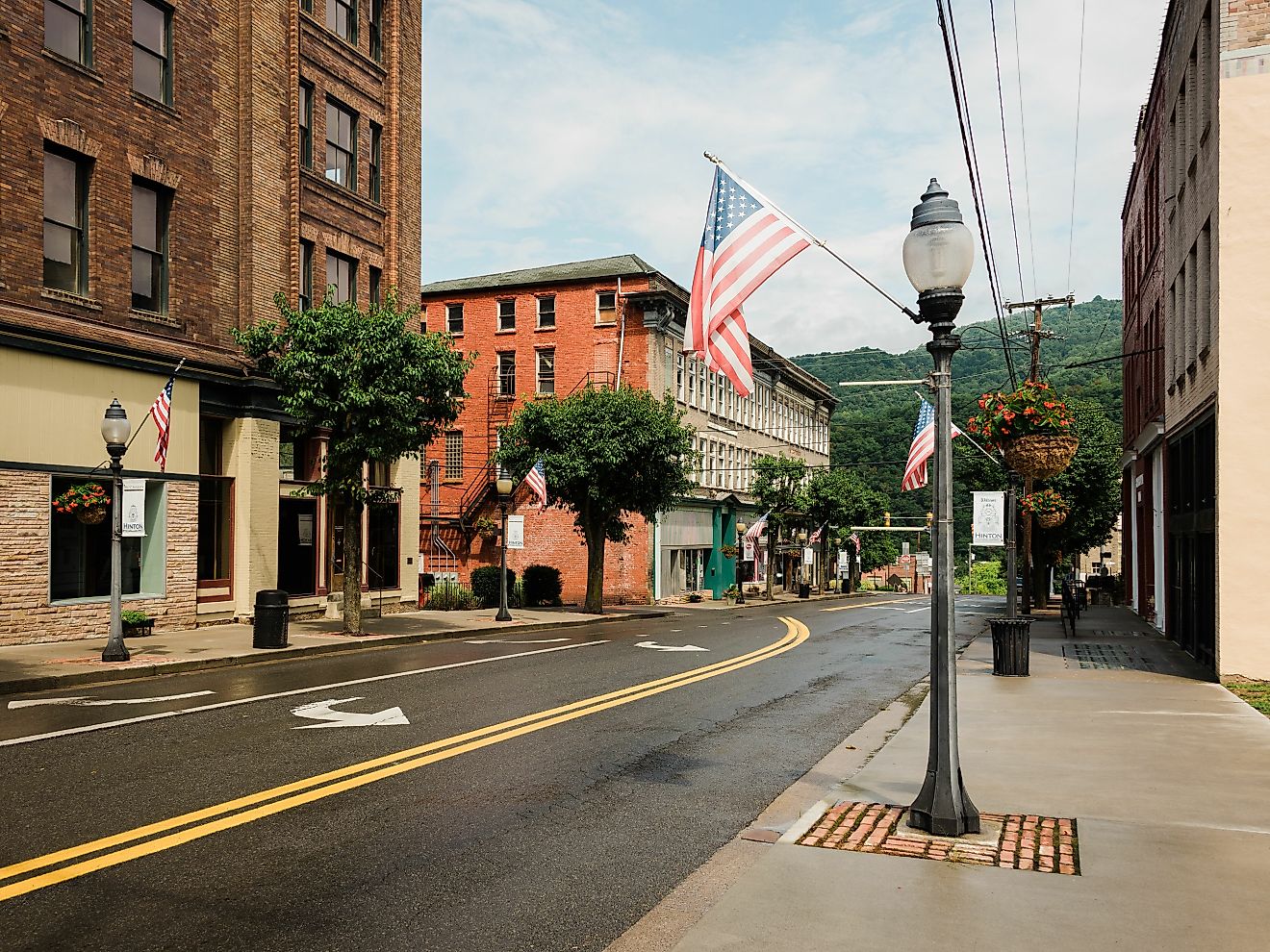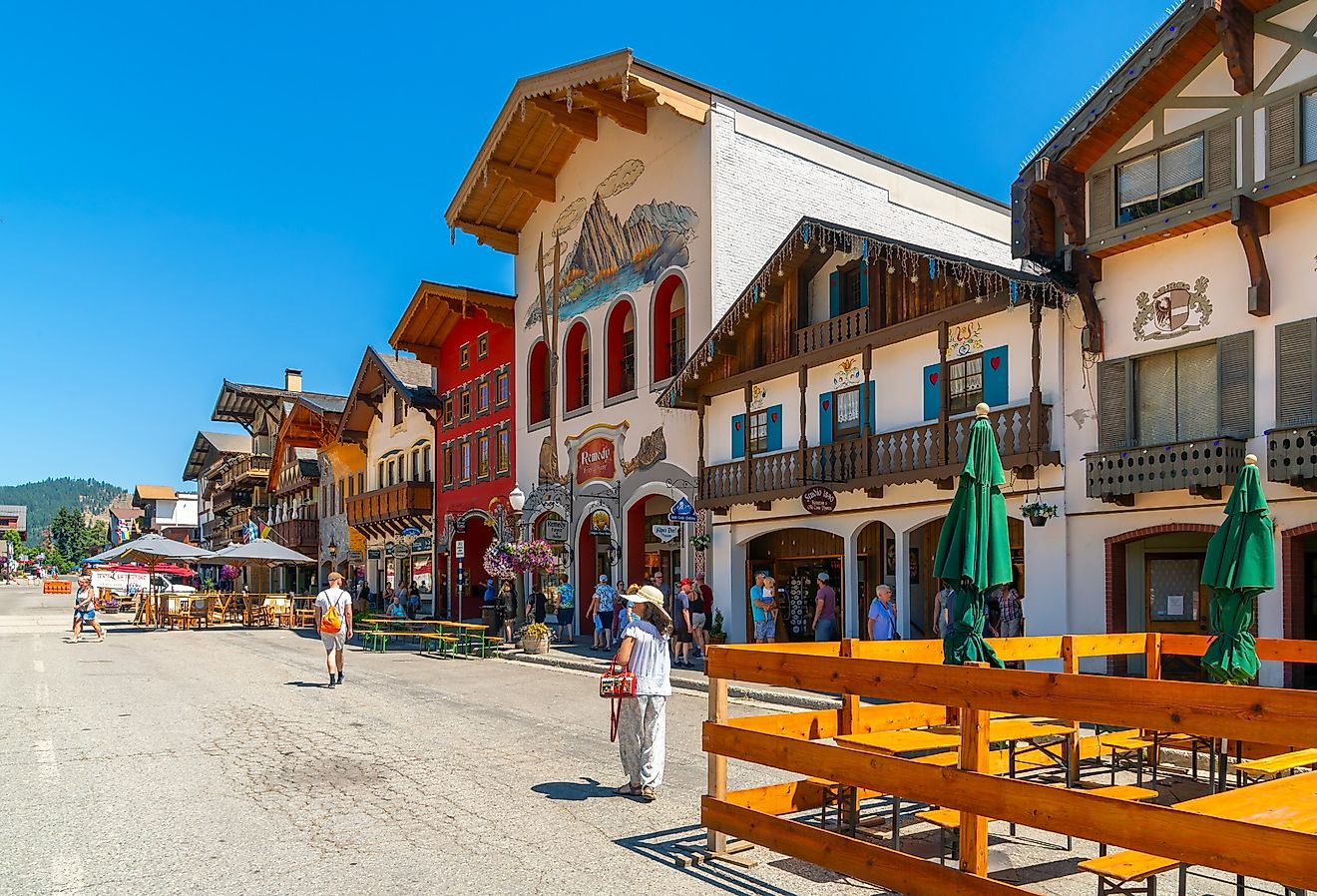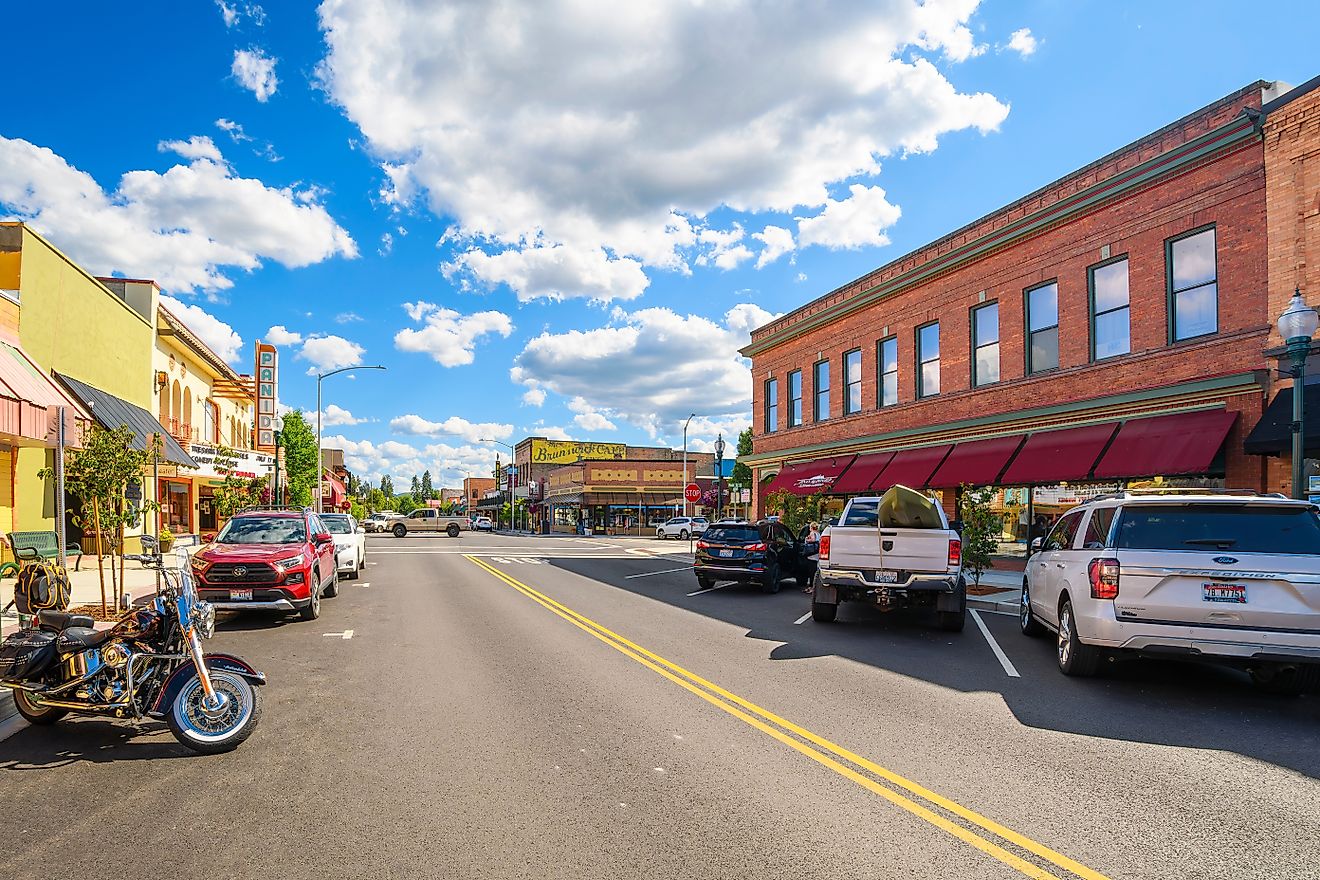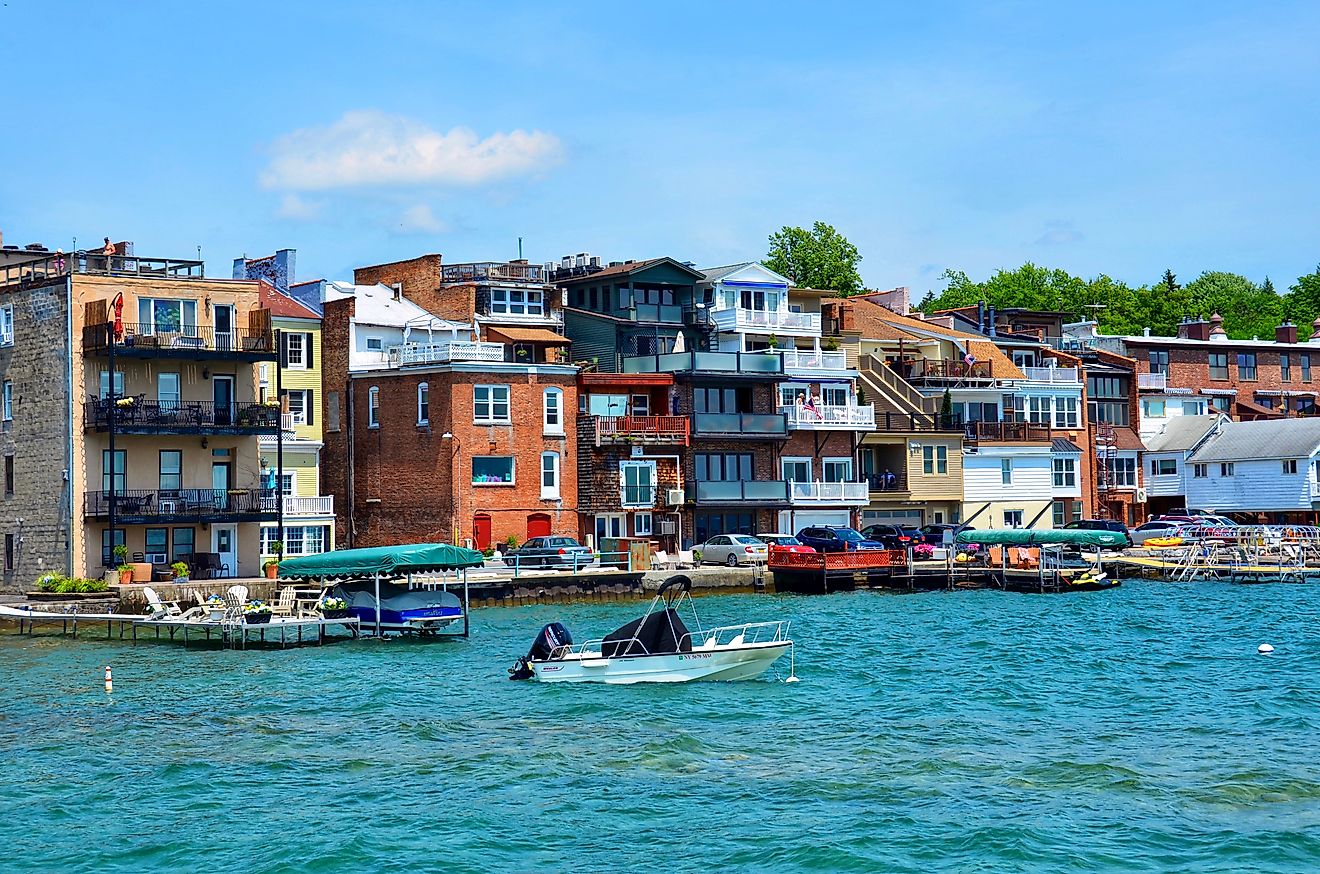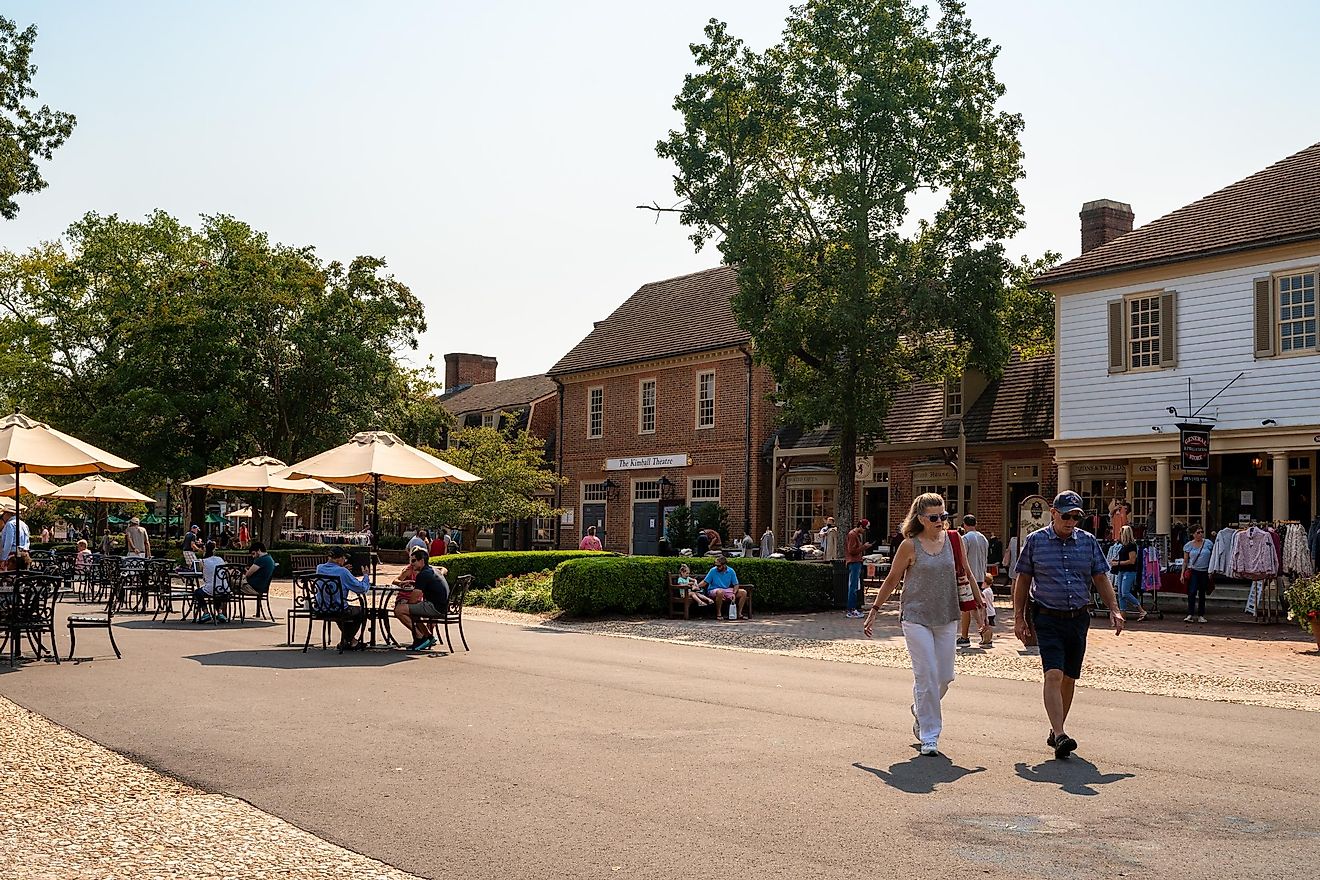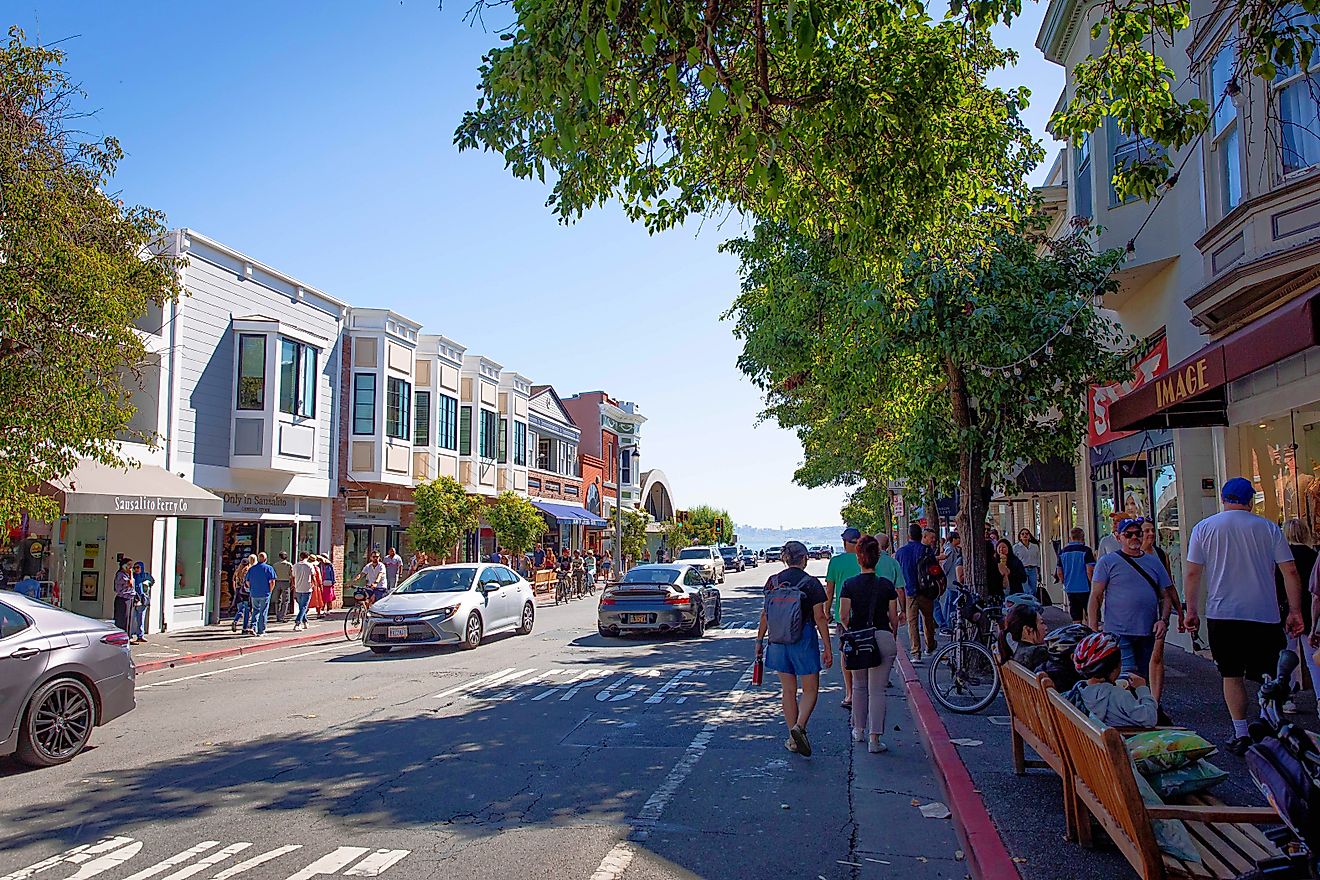
Saint Andrews, Canada
Saint Andrews, or "St. Andrews by the Sea," as it is also known, is a quaint seaside town in the province of New Brunswick, Canada. The deep blue waters, verdant scenery, and colorful accents throughout town all converge to create a cozy, maritime feel. These charming components led to St. Andrews becoming Canada's first seaside resort town.
Geography And Climate Of Saint Andrews

Saint Andrews is located in the Southwest region of Newbrunswick, which is part of the Maritimes - an area of Eastern Canada also containing the provinces of Prince Edward Island and Nova Scotia. St. Andrews sits on the southern tip of a peninsula, protruding into Passamaquoddy Bay (which flows into the Bay of Fundy), to the East, and the mouth of the St. Croix river, to the West. This places the town about 80 miles Southwest of the province's capital of Fredericton and directly across from the Southeast border of Maine.
As one might expect from a Canadian maritime town, the climate in Saint Andrews is cool and wet. In the coldest month of January, temperatures range from 15 - 30 degrees Fahrenheit, and in the warmest month of July, the range is 58 - 73 degrees Fahrenheit. St. Andrews experiences between 10 - 20 rainy days per month throughout the year, with the peak hitting in May.
History And Economy Of Saint Andrews

The site of Saint Andrews was originally known as Qonasqamkuk by the Peskotomuhkati (Passamaquoddy) Nation. Today, St. Andrews exists on this traditional and unceded territory that is covered by the Treaties of Peace and Friendship. Along with the Peskotomuhkati, this treaty also includes the people of Mi'kmaq and Maliseet.
The current town of St. Andrews was established in 1783 by the Loyalists from Castine, Maine. An agreement was originally reached with the Peskotomuhkati Sakomak (Chiefs) for the Loyalists to settle, but the latter group never upheld these terms.
Throughout the 19th century, St. Andrews acted as a prosperous trade port and settlement for British soldiers. Its location on a narrow peninsula at the base of the St. Croix river made it well-suited for this role. Lumber and fish were routinely shipped to the West Indies in exchange for molasses and rum. Lumber and ships were also sent back to Great Britain. During periods of extended conflicts between Great Britain and the United States, St. Andrews was conveniently positioned to exchange necessary goods across the ambiguous water border. Because of this successful relationship, the decline in international conflict in the 1830s and 1840s also led to the downfall of the town's economy.

Towards the end of the 19th century, St. Andrews was revitalized as a resort town. The cool temperatures, protected bay, and pretty scenery drew summer crowds looking to escape the surrounding cities. To this day, the influx of tourism largely sustains the town's small population of roughly 2,000 residents.
Into the 20th century, St. Andrews also developed as a marine research hub. The large tidal swings of Passamaquoddy Bay and diverse plant and animal species make it a key site for scientific research.
Visiting Saint Andrews

The closest international airport is in Fredericton, New Brunswick. Folks coming by land can access St. Andrews via Highway 127, which extends South down the peninsula, right off of the Trans Canada Highway. It is also possible to take a ferry from Digby, Nova Scotia, to Saint John, New Brunswick, which lies just over 60 miles to the East of St. Andrews. Most tourists still flock into town for the summer months. Here are some highlights to check out:
Stroll down Water Street and enjoy the friendly faces, neat shops, delicious seafood restaurants, and beautiful, maritime-themed street art. Half of the buildings in town are over 140 years old.
Visit Kingsbrae Gardens. This multi-award-winning, multi-themed, 27-acre groomed landscape will catch the eye of anyone.
Drive out to Minister's Island (only during low tide). When the tide recedes, determined motorists can head over on a thin strip of the ocean floor and explore the provincial and national historic site. The island is best known for the former president of the Canadian Pacific Railway, Sir William Van Horne's gigantic summer home. Visitors to the island can also explore around 15 miles of trail networks that lead to rugged and secluded beaches.
Take a whale watching tour. The daily tides stir up food, which attracts an array of whales, including the Minke, the Finback, Humpbacks, and sometimes even the rare North Atlantic Right Whale.
